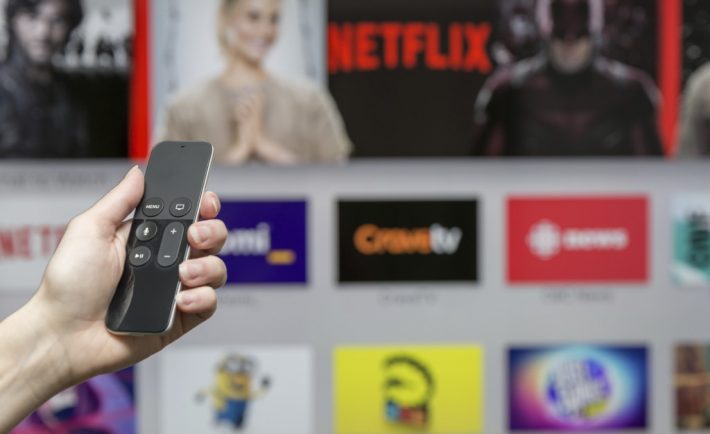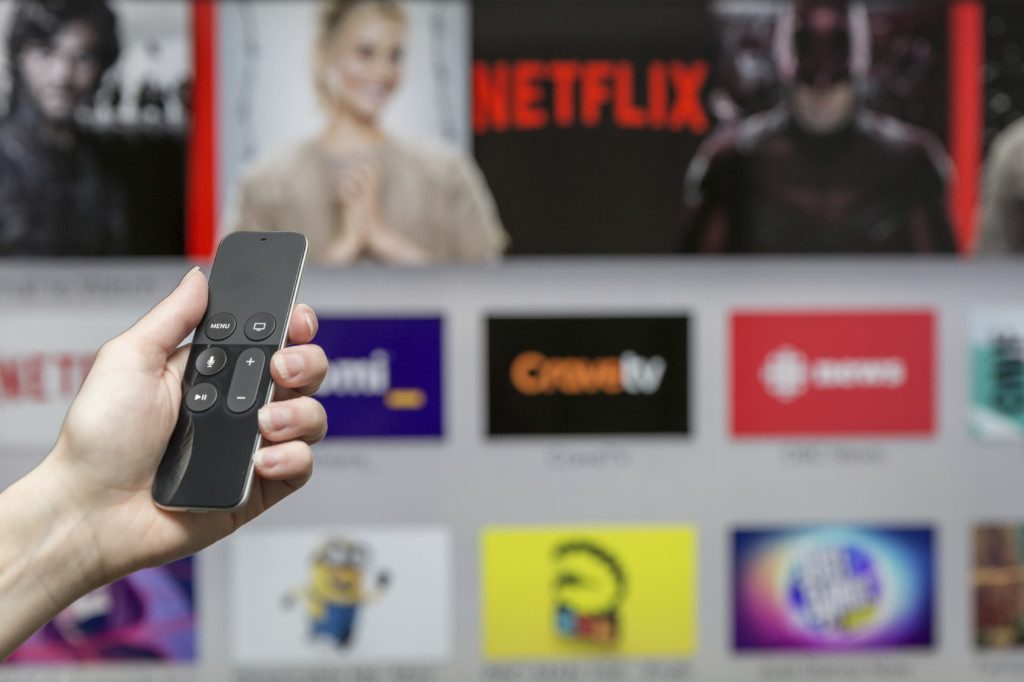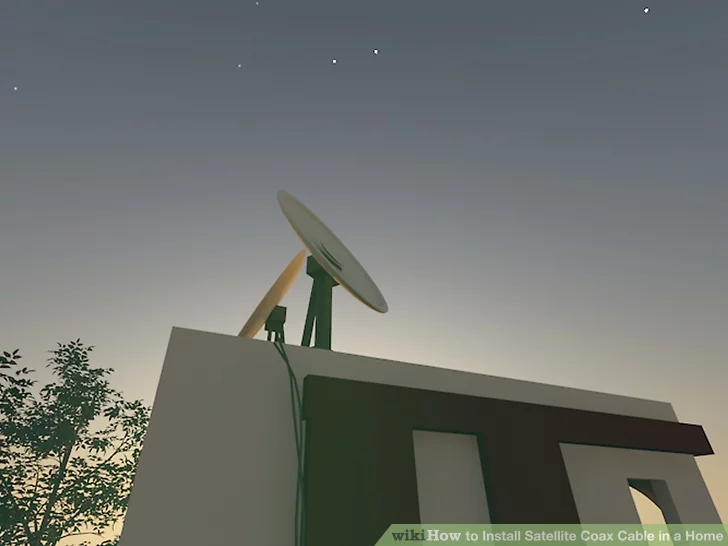
Consumers now have a choice when it comes to how they view their favorite TV shows. First, there was over-the-air programming, then cable was introduced, and now consumers may choose to benefit from satellite programming. How does one know which option is best for their needs? Following are factors that should be considered when making this choice.
Availability
First and foremost, consumers need to learn what is available in their area. Those who live in a city will find they have choices. In contrast, men and women who choose to reside in a rural area may find their only option is satellite, as cable service does not reach where they live. By learning if cable with premium HD channels is available in the area, a consumer can easily determine which options to continue researching.
Cost
Next, consumers need to consider the cost of each type of service. Cable and satellite providers typically offer bundled packages to allow consumers to take advantage of savings on their television, phone, and internet service. Be sure to ask about these packages before signing with a company.
Cable companies typically offer month-to-month service with no contract. In contrast, satellite providers often require a contract before service will begin. However, satellite companies usually have more programming choices in their basic packages. This may be of importance to a person when deciding. Be sure to ask about internet service though. Not all satellite providers offer this service in all areas, and this needs to be known up front.
Reliability

It’s very frustrating to sit down and start a program only to have the service go out halfway through the viewing. For this reason, people need to consider the reliability of cable and satellite service before making their choice as to which best works for them. Cable lines are typically buried underground, which helps to ensure service interruptions are rare. This does not mean they will never happen, but they aren’t frequent.
On the other hand, satellite service is more susceptible to interruptions due to weather conditions. Rain can interfere with the signal as well as high winds. In addition, high winds can lead to the satellite dish being damaged or destroyed. Once this happens, the subscriber must wait for the satellite television provider to come out and make any necessary repairs or replace the dish.
Installation

Is the home already set up for cable service? Most residences are, but this needs to be asked anyway. Cable is typically easy to install in any residence, as the outside lines are already in place. Furthermore, those living in an apartment complex may find they get a discount by going with a certain cable provider. Many complexes now offer this benefit to attract renters.
Individuals who are renting need to speak to the landlord before obtaining satellite service. Some property managers don’t allow satellite service, as they don’t like the appearance of the dish or they are concerned about improper installation. However, there are laws that dictate the use of satellite dishes in rental properties, and tenants need to be aware of these laws. Know your rights in this situation.
Consider both options when it comes time to obtain television service. Once it has been determined that both are offered at the residence, move through the list of factors to make the choice that best meets your needs. By taking the time to carefully consider all aspects of the service, you’ll find your selection meets your needs in every way.




